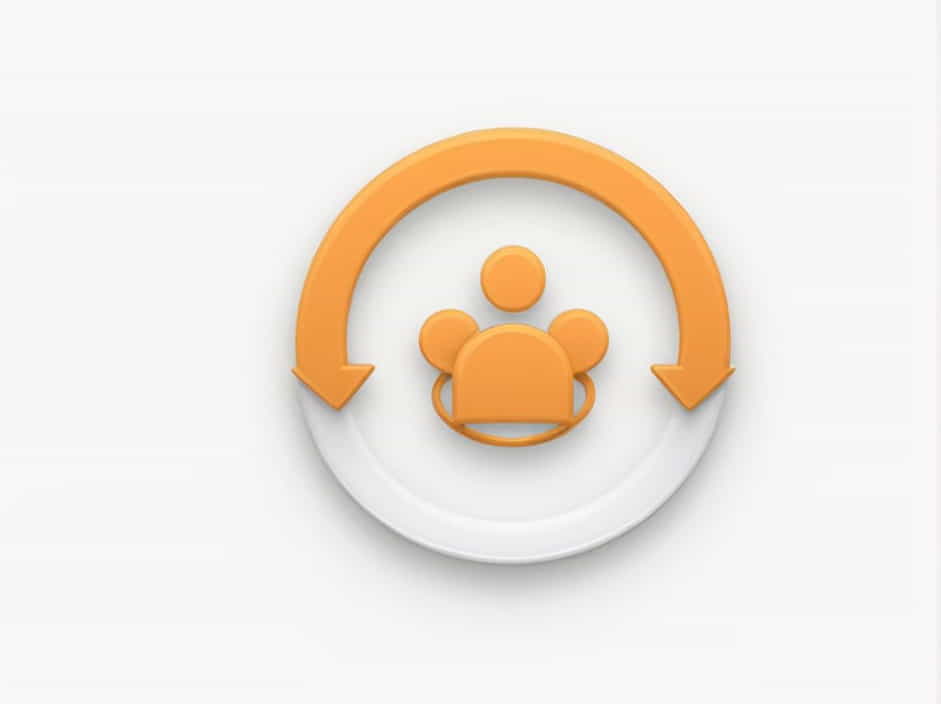A skip-level meeting is a conversation between employees and their manager’s manager, bypassing the direct supervisor. These meetings help upper management gain direct insights into workplace culture, employee concerns, and team dynamics.
Skip-level meetings can improve communication, build trust, and create a more transparent work environment. But what exactly happens in a skip-level meeting, and how can both employees and leaders make the most of it?
This guide will explain the purpose, benefits, and best practices for skip-level meetings.
What Is a Skip-Level Meeting?
A skip-level meeting is a one-on-one or group discussion where employees interact directly with a senior leader, skipping their immediate supervisor.
For example, if a company has three levels of management:
- Employee → Manager → Director
In a skip-level meeting, the employee would meet with the Director instead of their direct Manager.
These meetings are typically informal, allowing leaders to gain firsthand knowledge of the team’s challenges and successes.
Why Are Skip-Level Meetings Important?
Skip-level meetings help bridge the communication gap between executives and employees. Key reasons why they are important include:
- Improved Transparency: Employees can share concerns or suggestions without fear of immediate repercussions.
- Stronger Employee Engagement: Direct conversations with higher-ups can make employees feel heard and valued.
- Leadership Insights: Senior leaders gain unfiltered feedback, helping them make better decisions.
- Trust and Relationship Building: Employees and leadership develop stronger connections, fostering a positive work environment.
How Often Should Skip-Level Meetings Be Held?
There is no strict rule on how frequently skip-level meetings should take place. However, most companies find that scheduling them quarterly or semi-annually works well.
The frequency depends on:
- The size of the organization
- Leadership availability
- Team-specific needs
What to Expect in a Skip-Level Meeting
1. Agenda and Purpose
Most skip-level meetings focus on open discussions rather than strict agendas. However, common topics include:
- Employee experiences and challenges
- Feedback on company culture and policies
- Career growth and professional development opportunities
- Suggestions for improvement
2. Confidentiality and Trust
Employees should feel safe to share honest feedback. Senior leaders should emphasize that conversations will be used to improve the workplace, not for micromanagement or criticism.
3. Two-Way Communication
While leaders will ask questions, employees should also feel comfortable asking about company goals, upcoming changes, or leadership expectations.
Best Practices for Skip-Level Meetings
For Leaders (Senior Managers and Executives)
-
Set a Clear Purpose
Be transparent about why the meeting is happening. Employees should understand that it’s an opportunity to share feedback, not a performance review. -
Encourage Open and Honest Feedback
Ask open-ended questions such as:- “What challenges are you facing in your role?”
- “What improvements would make your work easier?”
- “How do you feel about the company culture?”
-
Listen More, Speak Less
Avoid dominating the conversation. The goal is to learn from employees, so active listening is key. -
Follow Up on Action Items
After the meeting, summarize key takeaways and follow up on any concerns raised. Employees should see that their feedback leads to real changes.
For Employees
-
Prepare in Advance
Think about topics you want to discuss, such as:- Challenges in your role
- Suggestions for improving workflow
- Career development opportunities
-
Be Honest but Professional
If you have concerns, express them constructively. Avoid complaining without offering potential solutions. -
Ask Questions
Use the opportunity to gain insights into company goals, leadership decisions, and growth opportunities. -
Stay Engaged
Your input matters. Participate actively and share meaningful feedback.
Common Mistakes to Avoid
For Leaders
- Not Taking Action on Feedback – If employees feel ignored, they may not engage in future meetings.
- Using the Meeting for Micromanagement – The goal is to listen, not to evaluate employee performance.
- Failing to Build Trust – If employees fear retaliation, they won’t share honest feedback.
For Employees
- Being Too Reserved – Share your thoughts openly to make the most of the meeting.
- Complaining Without Solutions – Constructive feedback is more impactful than just pointing out problems.
- Not Asking Questions – Take advantage of the opportunity to understand company direction.
Skip-level meetings are a powerful tool for improving communication, strengthening company culture, and ensuring leadership stays connected with employees. When conducted effectively, they benefit both employees and senior leaders by fostering transparency, trust, and collaboration.
By following best practices and avoiding common mistakes, organizations can create an environment where employees feel heard and leadership makes informed decisions based on real workplace insights.
